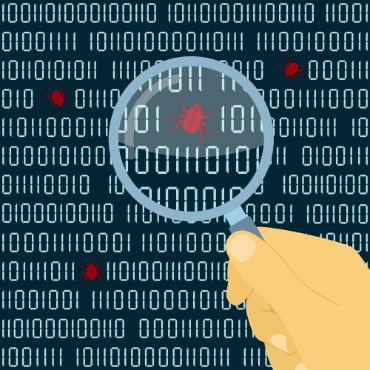DOD bullish on bug bounties
"Hack the Pentagon" turned up almost 140 vulnerabilities in a demonstration of how DOD can capitalize on crowdsourcing.

The Defense Department announced results from its inaugural "Hack the Pentagon" bug bounty program June 17 and cast the push as a first-of-its-kind success that kicked off fast and drew widespread involvement.
The program, which ran from April 18 to May 12, generated 1,189 vulnerability reports from more than 1,400 participants.
Defense Secretary Ash Carter said 138 reports were found to be credible threats covering a wide range of vulnerabilities that DOD has since remediated in partnership with cybersecurity contractor HackerOne.
The program cost $150,000, half of which was paid to hackers.
"It's not a small sum," Carter said, "but if we had gone through the normal process of hiring an outside firm to do a security audit and vulnerability assessment, which is what we usually do, it would have cost us more than $1 million."
DOD announced that the "Hack the Pentagon" spirit would live on through three new measures: a central DOD vulnerability disclosure process, more bug bounties at DOD components and the promotion of contractor transparency.
"In some circumstances, we will encourage contractors to make their technologies available for independent security reviews such as bug bounties before they deliver them to us," Carter said. "This will help them make their code more secure from the start and before it's installed on our system."
Meanwhile, DOD CIO Terry Halvorsen praised government efforts to tackle cybersecurity exposure by refreshing out-of-support technology systems.
At a June 17 AFCEA NOVA luncheon, Halvorsen said he supports the establishment of the proposed $3.1 billion IT modernization fund. He added that although the fund could prove useful for federal civilian agencies, DOD would likely remain self-reliant for modernization funding.
"I suspect the DOD will not be that big of a player in the innovation fund," Halvorsen said. "We actually do pretty well at tackling modernization for the most part now."





